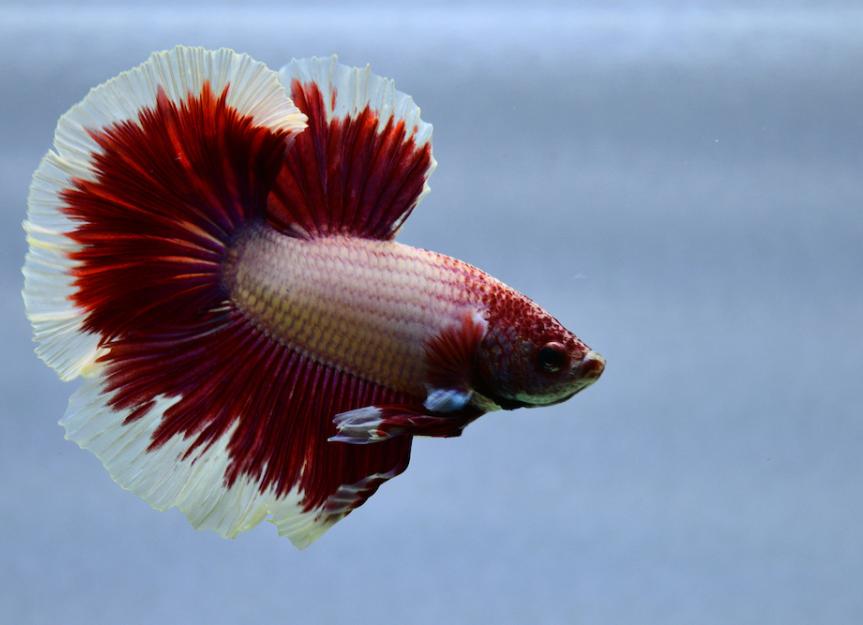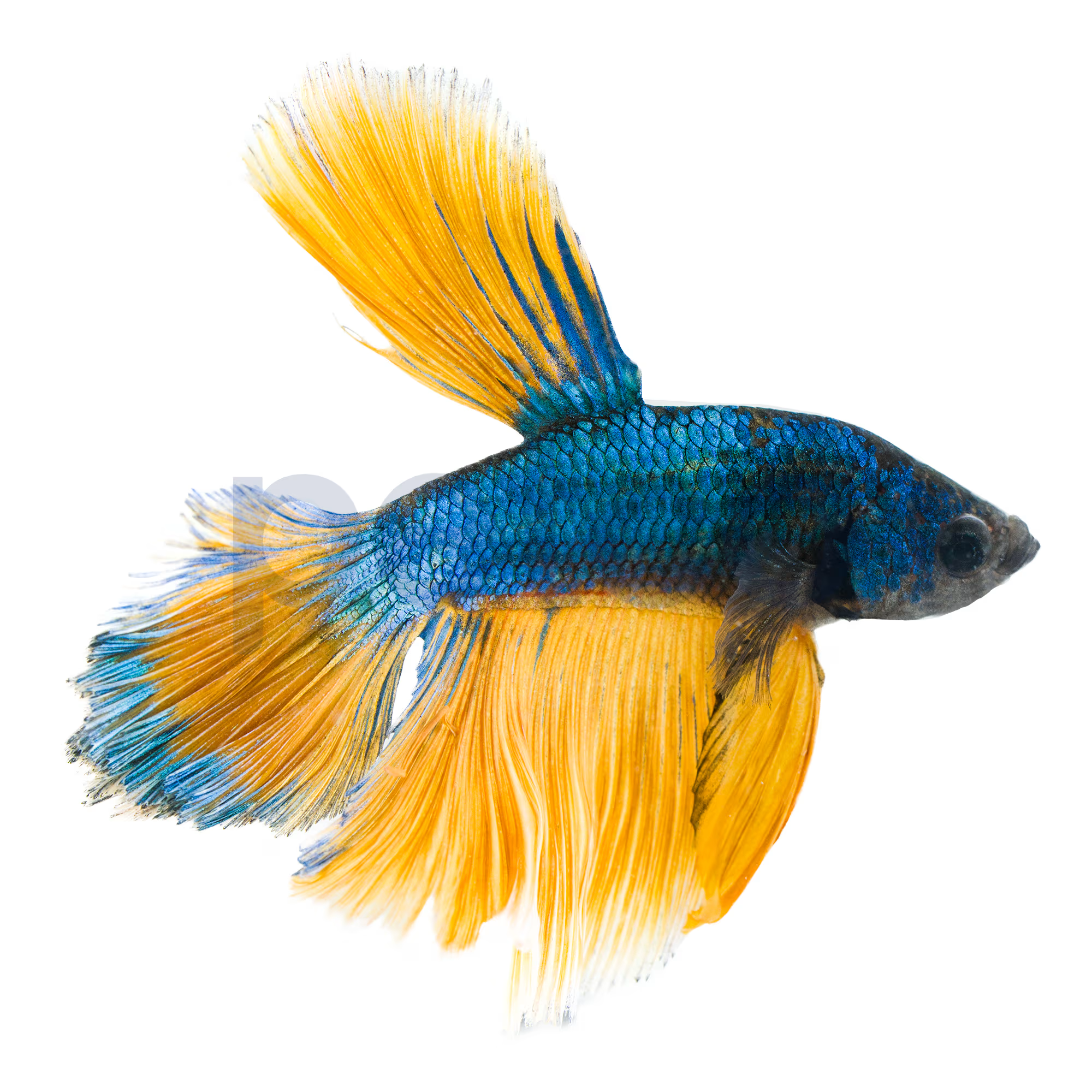Betta Fish Life Expectancy: Exactly How to Guarantee Your Betta Lives Longer
Betta Fish Life Expectancy: Exactly How to Guarantee Your Betta Lives Longer
Blog Article
The Ultimate Overview to Betta Fish Care: Vital Tips for Maintaining a Healthy and Successful Fish Tank Setting
Effective Betta fish care demands an extensive understanding of their special ecological and physiological needs. Developing a suitable aquarium starts with picking the right container dimension and ensuring optimum water problems, which are crucial for the health and health of your Betta. Recognizing proper feeding practices and producing a favorable habitat can substantially affect your fish's vigor and behavior. As you think about these fundamental facets, it becomes clear that preserving a flourishing fish tank environment calls for interest to detail and recurring commitment. What specific approaches will you apply to enhance your Betta's top quality of life?
Choosing the Right Storage Tank
Selecting the proper tank for your Betta fish is critical to guaranteeing its wellness and wellness. Bettas prosper in settings that mimic their natural habitats, which typically are composed of tranquility, cozy waters. A storage tank dimension of a minimum of 5 gallons is recommended to supply ample swimming area, as smaller sized containers can result in anxiety and health and wellness issues for these vivid fish.
When choosing a storage tank, take into consideration the storage tank's form and filtering system. Furthermore, a trusted purification system is essential to maintain water quality and decrease the regularity of water changes.
Temperature regulation is another essential factor; Bettas like water temperature levels between 76 ° F and 82 ° F. Buying a great heating unit will ensure that the water continues to be within this variety, promoting a healthy and balanced and active way of life for your Betta. Lastly, giving suitable tank designs and concealing areas will certainly help in reducing anxiety and motivate all-natural behaviors, better improving your Betta's health.
Maintaining Water High Quality
Keeping optimum water high quality is necessary for the wellness and durability of Betta fish. This calls for routine tracking of various parameters, consisting of temperature level, pH, ammonia, nitrite, and nitrate degrees.
The pH degree must preferably drop in between 6.5 and 7.5. Regular screening making use of a reputable water screening set can aid make sure these specifications remain within the proper arrays. Ammonia and nitrite degrees ought to always be at 0 ppm, as even low concentrations can be hazardous to Betta fish. Nitrate degrees should be maintained under 20 ppm to prevent long-term health and wellness issues.
Normal water changes are vital to preserving water top quality. It is suggested to transform 25-50% of the container water weekly, depending on the tank size and equipping degrees. Using a high-quality water conditioner can assist eliminate damaging chemicals from faucet water, making sure a risk-free environment. In addition, including a robust filtering system can assist in keeping water clarity and high quality, providing a healthier habitat for your Betta fish.
Perfect Feeding Practices
Supplying a well balanced diet is essential for the health and wellness and lively coloration of Betta fish, as their dietary requirements play a substantial function in their overall well-being. Betta fish are carnivorous naturally, requiring a diet high in healthy protein. A mix of premium pellets, icy or online foods such as bloodworms, salt water shrimp, and daphnia can supply the important nutrients they require.
Feed your Betta fish 2 to 3 times a day, providing only what they can consume within 2 to 3 mins to protect against overfeeding and preserve water high quality. Overfeeding can cause excessive weight and health issues, consisting of swim bladder condition. It is crucial to monitor their dietary consumption and readjust portion dimensions as necessary.
In addition to protein, a well balanced diet should include vitamins and minerals to promote optimal health and wellness. Think about supplementing their diet with top quality flakes or pellets particularly created for Betta helpful site fish, as these frequently have needed ingredients.

Creating a Suitable Environment

Water top quality is vital; maintain a temperature between 76 ° F and 82 ° F, and make certain the pH level ranges from 6 - betta fish.5 to 7.5. Normal water adjustments of 25-50% per week will help maintain toxic substances away and make sure a secure atmosphere
Including plants and concealing places is vital, as Betta fish are naturally territorial and delight in having locations to check out and pull back. Live or silk plants, in addition to caves and accessories, check can develop a stimulating environment.

Regular Wellness Checkups
Performing routine health and wellness examinations is essential for ensuring the health of Betta fish, as early detection of prospective problems can protect against major illness. These appointments need to incorporate a detailed assessment of the fish's physical condition, habits, and environmental elements.
Begin by observing the Betta fish for any type of signs of distress, such as lethargy, anorexia nervosa, or unusual swimming patterns. Furthermore, inspect the fins and body for indications of staining, sores, or fin rot, which can suggest infections or parasites. Regularly keeping an eye on the water top quality in the aquarium is similarly critical; parameters such as pH, ammonia, nitrite, and nitrate degrees must be kept within ideal arrays to avoid anxiety and ailment.
Furthermore, consider preserving a log of wellness monitorings and water quality examinations. This document can assist in the recognition of patterns or repeating problems. If any irregularities are found throughout the examination, it is vital to consult a veterinarian experienced in water animals. Timely intervention can make a considerable distinction in the healing of your Betta fish, ensuring a lengthy and healthy and balanced life in a well-kept aquarium setting.
Verdict
In final thought, effective Betta fish treatment hinges on creating and keeping an optimum aquarium environment. By adhering to these standards, aquarists can promote the wellness and vibrancy of Betta fish, inevitably resulting in a thriving marine ecosystem.
Report this page